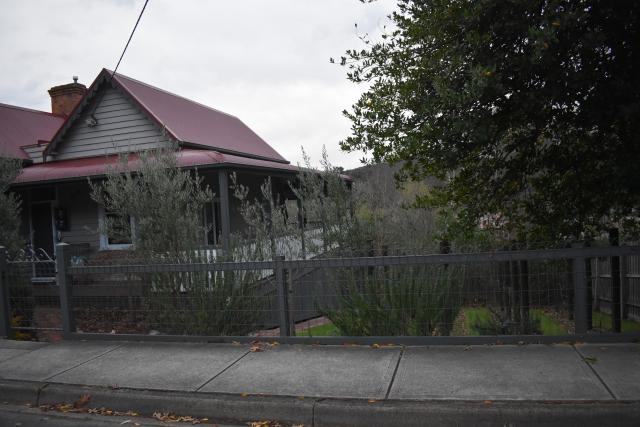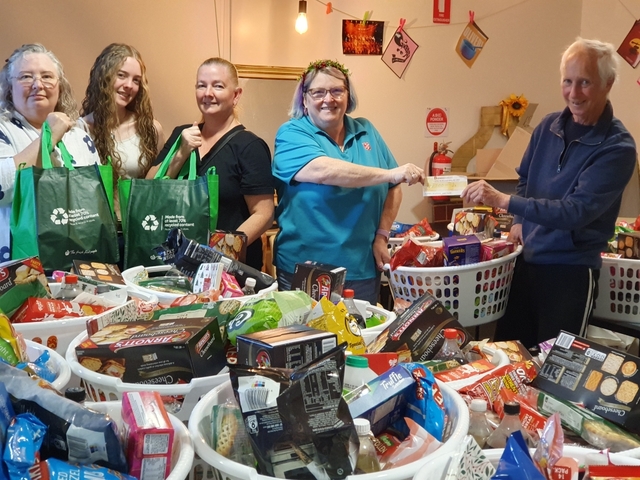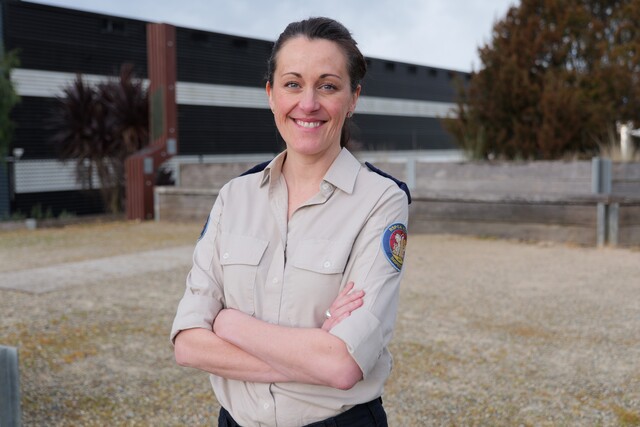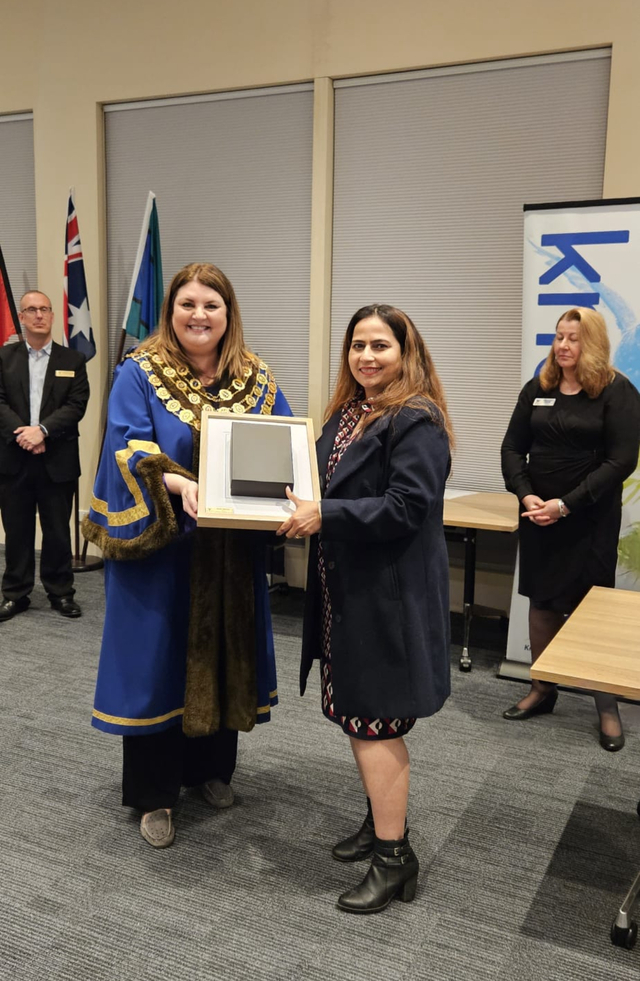The Victorian Government is set to introduce a short-stay accommodation levy as part of a multi-pronged approach as part of ‘Victoria’s Housing Statement – The Decade Ahead 2024-2034’, an attempt at housing reform as the state’s population continues to rise.
7.5 per cent of the revenue from short-stay accommodation platforms like Airbnb or Stayz will be taken by the levy and redirected to Homes Victoria to support the rollout of more social and affordable housing.
Yarra Ranges resident Clive Larkman rents out one property through Stayz and said he thinks the whole concept is not fair.
“Our property is a house on our property which is next door to our house because it is where my mother used to live but I don’t want a permanent tenant in there because they would be living on my land so to speak,” he said.
“We also use it for family coming in from the state or for our overseas customers and clients.”
According to the State Government, there are more than 36,000 short-stay accommodation places in Victoria with over 29,000 of those entire homes. The levy intends to take money from the revenue of platforms to put towards housing projects as part of the initiative which can be rented out long-term or on fixed-term agreements.
Mr Larkman said everybody in the industry knew there was going to be a shortage of rental accommodation.
“Three, four or five years ago, when all the new legislation came in, there was a big gathering of all our estate agents and their landlords, and they all said ‘20 to 30 per cent of you are dropping out now’ and they pulled out within 12 months,” he said.
“It feels like they’re making a small portion of the Victorian population pay for the stuff up of the government, it’s unfair on the landlords and it’s unfair on the tourists.”
Popular holiday destinations in the outer east such as Warburton (More than 160 Airbnb and over 60 Stayz properties), Healesville (More than 220 Airbnb and over 277 Stayz properties) and the Dandenong Ranges/Mount Dandenong (More than 280 Airbnb and about 40 Stayz properties) are flush with short-stay accommodation.
According to 2021 Census data, all three had a greatly lower percentage of the population who rent compared to the rest of the state (28.5 per cent of Victorians rent):
16.9 per cent of Warburton’s population rent while the town also has a greatly higher rate of unoccupied dwellings compared to the state average (21.9 per cent compared to the state average of 11.1 per cent).
Healesville and the Mount Dandenong/Olinda area also had a low percentage of renters (17.3 per cent and 8.2 per cent respectively) but do have a lower percentage of unoccupied dwellings compared to the state average (8.9 and 9.7 per cent respectively).
In all of the Yarra Ranges, only 14 per cent of the population rent.
Mr Larkman said the levy is not enough for him to stop using his property for short-term accommodation but it might be for others.
“I can’t speak for Airbnb, but we’ve been using Stayz who are very reasonable in their cost and the way they manage it, we’re at 550 dollars a night and I don’t think 7.5 per cent in the long term will affect us a lot, but for those at $150 a night, that might be their whole profit margin,” he said.
“It’s the politics of envy, ‘I can’t afford to have my house for short-term accommodation, so I don’t want you to have one of your own’ and they’re not talking about a lot of money at 70 million a year.”
The Victorian Government is aiming to build 2.24 million homes by 2051 to ease housing pressure in the state, including a target of 425,600 across regional and rural Victoria.
The Council to Homeless Person (CHP) welcomed the levy as reports swirled prior to the release of the Victorian Housing Statement.
CHP CEO Deborah Di Natale said the State Government would lead Australia in regulating short-term accommodation.
“A levy like this would be an important step in injecting more fairness into Victoria’s housing system which is in dire need of major reform,” she said.
“That money should provide desperately needed accommodation for our most vulnerable people.
Accommodation Australia (AA) were pleased that hotels, pubs offering accommodation and regulated accommodation providers were not targeted by the levy due to the fact that do not contribute to the removal of housing stock.
AA’s Victorian General Manager Dougal Hollis congratulated the Victorian Government for engaging with and listening to the industry.
“Not including hotels and pubs in the short stay levy is a common-sense approach,” he said.
“Hotels are huge employers and are a key part of any vibrant city. Victoria has led Australia’s new hotel development boom since 2020, with almost 9,000 new hotel rooms now available across Melbourne alone.”







